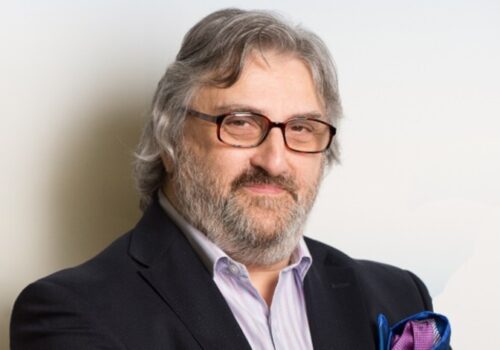Clinical

Clinical
‘Precautionary’ recall of breast cancer medication batch
1st July 2025

Clinical
Customer complaint prompts recall of Omeprazole oral solution batch
1st July 2025

Clinical
Pharmacists urged to step into shared care role for ADHD as service gaps grow
27th June 2025

Clinical
Pharmacy can breathe new life into respiratory care, says new NPA chief
27th June 2025
Online Poll
Pharmacy First
Views

Clinical
Pharmacists are well placed to take the lead on ear health
9th June 2025

Community
What more can pharmacies do to address medication non-adherence?
28th April 2025

Mental health and addiction
Breaking free: Exploring new stop smoking medications for a smoke-free future
15th April 2025

Community
Are pharmacists with a disability able to work?
9th April 2025
Community

Community
Pharmacy First gateway changes to help increase payments
1st July 2025

Clinical
‘Precautionary’ recall of breast cancer medication batch
1st July 2025

Clinical
Customer complaint prompts recall of Omeprazole oral solution batch
1st July 2025

Community
Scotland pharmacies to receive 4% global sum uplift
1st July 2025
In Practice

Clinical
‘Precautionary’ recall of breast cancer medication batch
1st July 2025

Clinical
Customer complaint prompts recall of Omeprazole oral solution batch
1st July 2025

Community
MHRA recalls medication with label error
27th June 2025

Community
Pharmacy luminary makes history with RCGP honorary fellowship
27th June 2025






